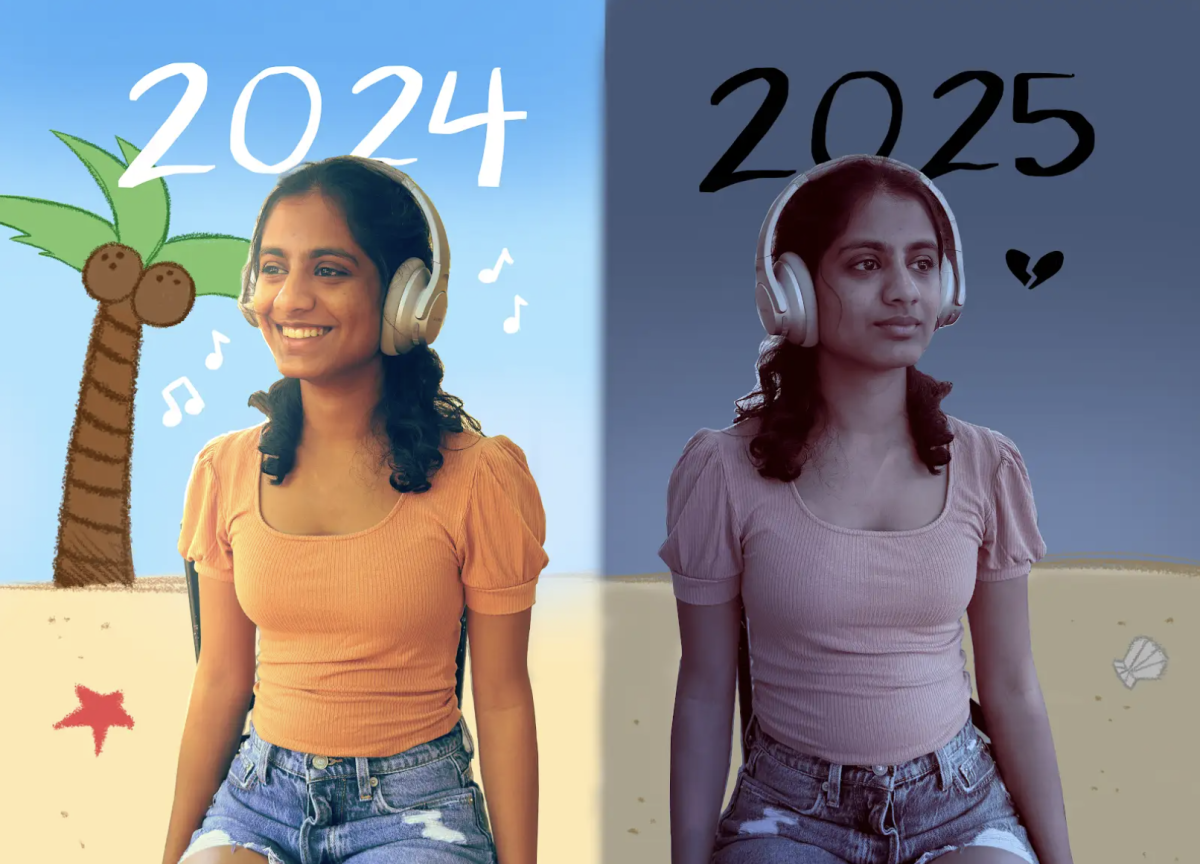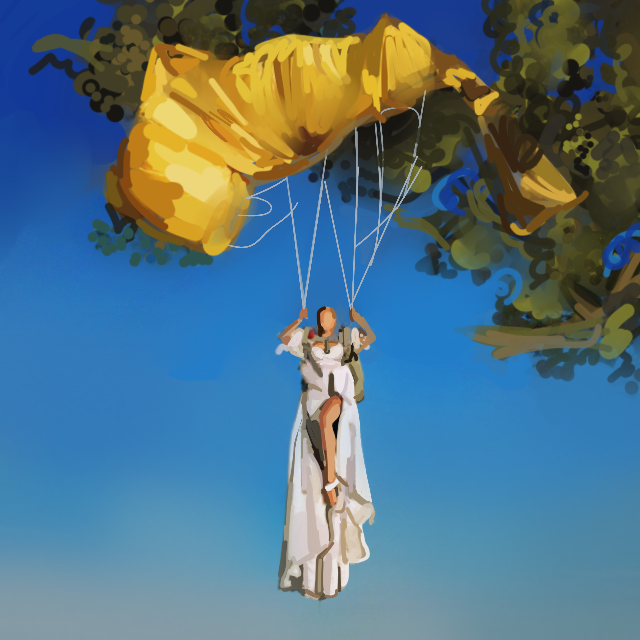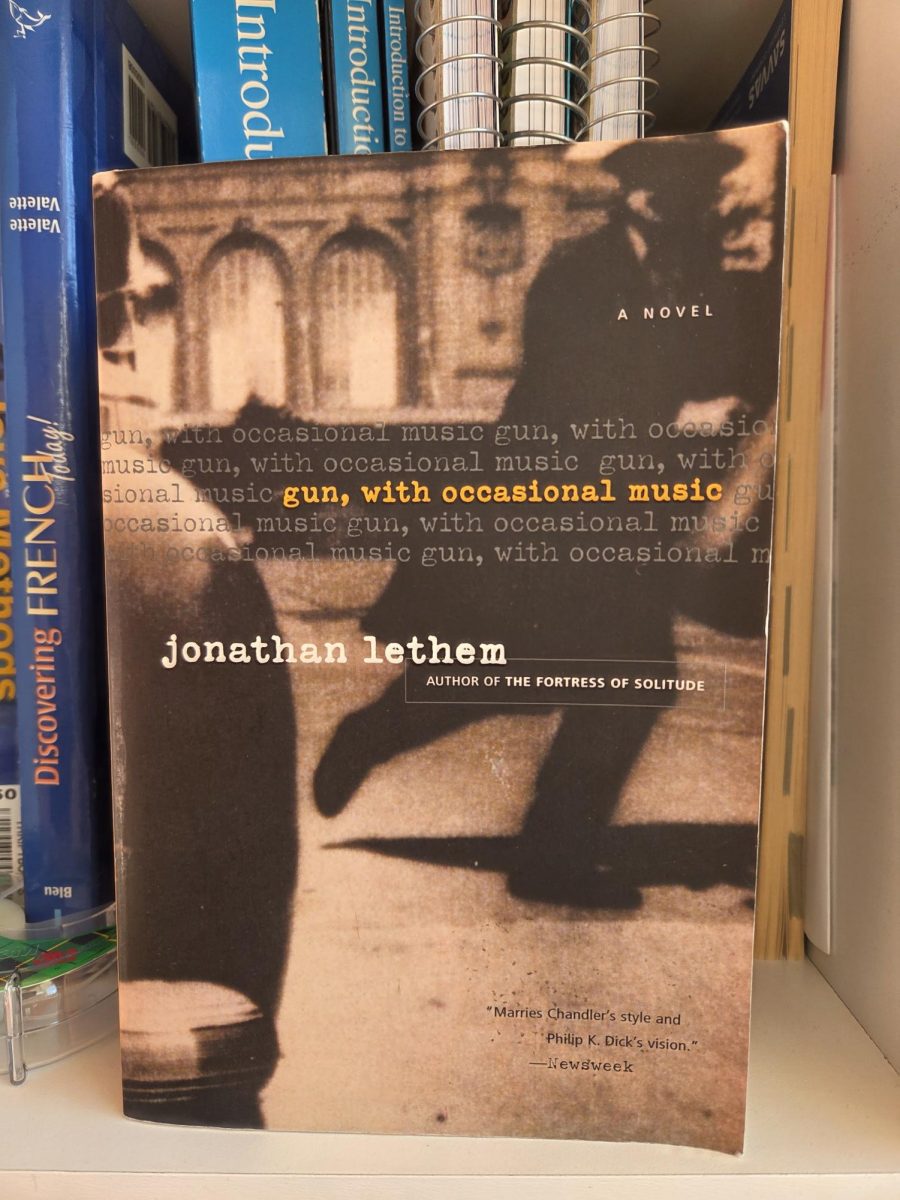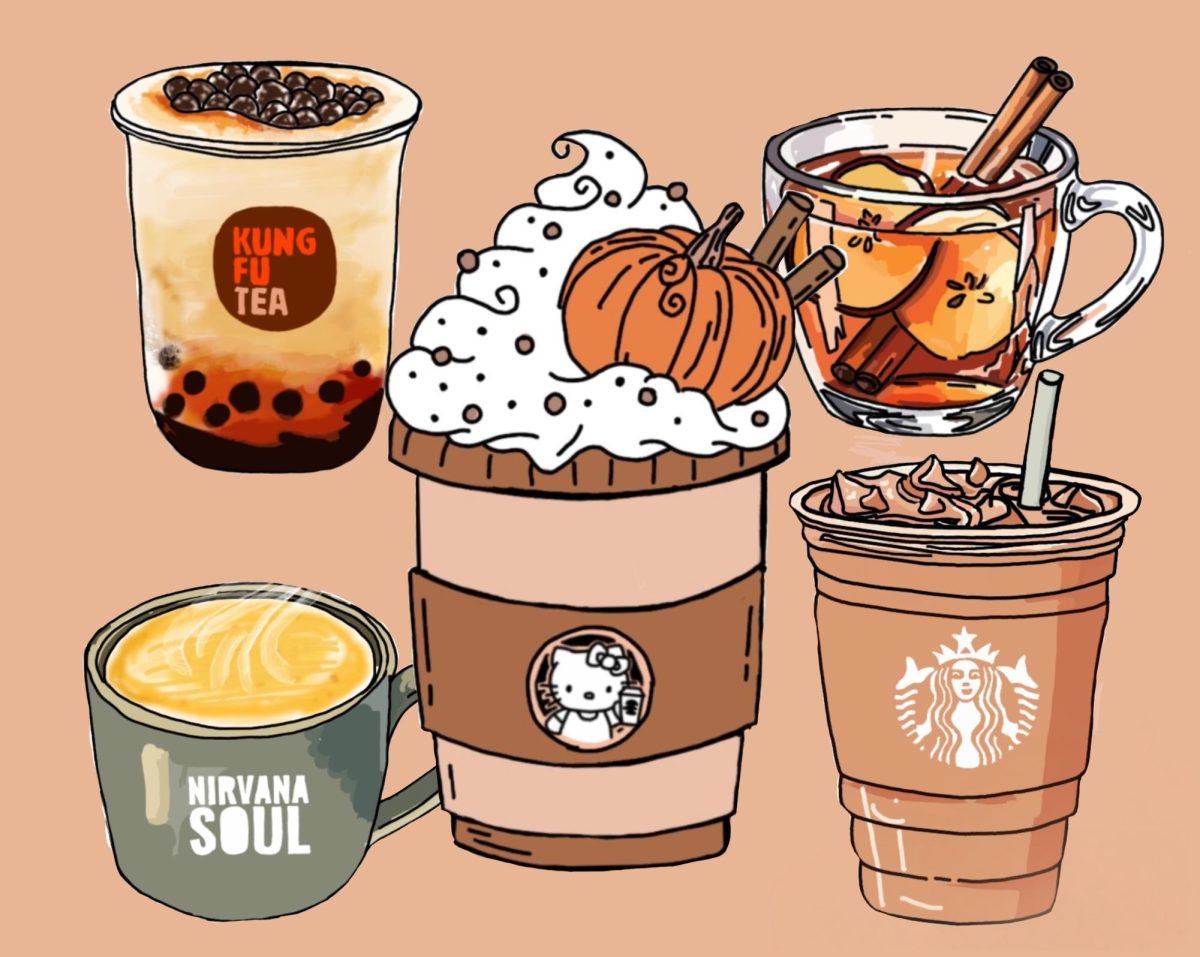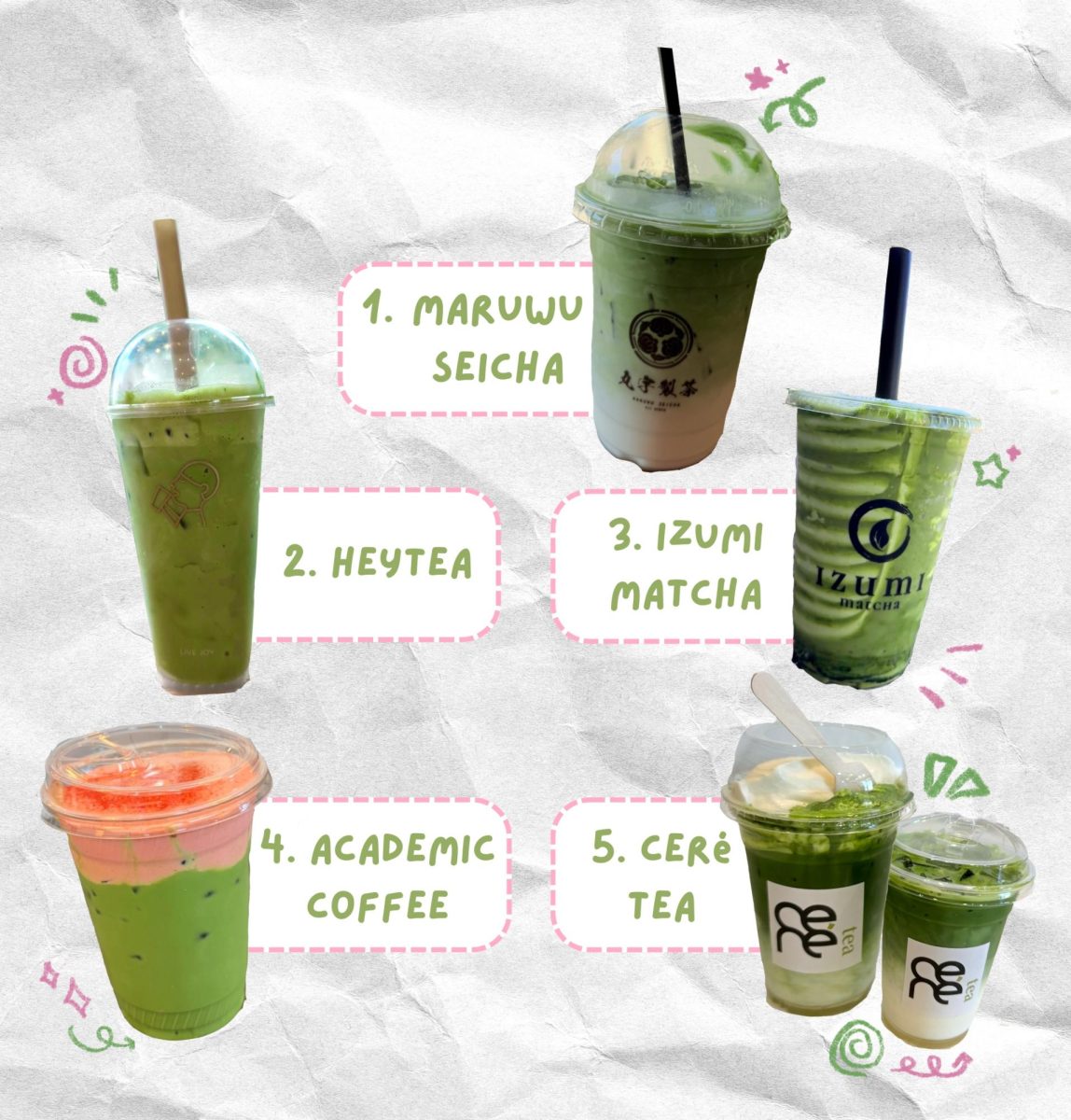This summer’s charts crowned American singer-songwriter Alex Warren’s “Ordinary” as the season’s soundtrack, taking Billboard’s top spot. However, it lacks the originality of past anthems: Sabrina Carpenter’s light and poppy “Espresso,” Kendrick Lamar’s club banger “Not Like Us” and Charli XCX’s hyperpop album “Brat” dominated the Top 10 last summer. “Ordinary” is instead characterized by its fabricated intimacy, marking a shift in the music industry.
Summer music often features catchy, danceable tunes that epitomize the bright atmosphere of the season. On the other hand, “Ordinary” leans heavily on pompous production, reverb-drenched choruses and weighty, religious metaphors. While the lyrics attempt to represent the raw emotion of Warren’s love for his wife, the overly-polished instrumental and vocal production makes it feel empty.
Warren’s hit single was not the only symptom of an artistically poor summer for music. Many tracks still linger in the Top 20 despite coming out in 2024 and early 2025. Shaboozey’s “A Bar Song,” which occupied the number one spot on the Billboard charts for much of last summer, still remains in this year’s Top 10. Teddy Swim’s “Lose Control” has set a new record for most weeks spent on the Billboard Hot 100.
While it seems natural that 2025’s music would lull after the explosion of pop releases in 2024, the void in the charts left by the absence of a major summer song is something we haven’t seen in years. In 2022 and 2023, songs like Harry Styles’ “As It Was,” Dua Lipa’s “Dance the Night Away” and Beyoncé’s “Break My Soul” became anthems because they each carried the artist’s unique, personal style.
This summer’s charts indicate that commercial appeal now outweighs creativity. “Ordinary” rose to number one because it leaned on its algorithm-ready grand choruses, heavy reverb and sentimental lyrics built for maximum exposure online. Critics have described the track as emotionally hollow and overly profit-oriented, unsuited for defining a whole season.
The popularity of formulaic songs is part of a larger shift in the industry. As platforms prioritize profit over inspiring audiences, the door opens for AI-generated music. This summer, AI music became more popularized, pushing human creativity aside.
AI-generated artists and low-quality music or “music slop” have already flooded streaming platforms like Spotify, whose algorithms often push them out to listeners. When predictable, blueprint-driven songs dominate, it creates the perfect space for AI tracks to thrive. The rise of AI bands like The Velvet Sundown, which reached nearly 600,000 monthly listeners, illustrates how easily machine-made music can ascend into the spotlight.
Uncritical consumption and a lack of media literacy allow music slop to flourish while overlooking real creatives. When listeners accept what their streaming algorithms serve to them without question, they risk the chance of letting their tastes be defined by corporations. Even worse, the music of the future may be entirely a product of automated systems if this trend continues.
The lack of differentiation between songs rewires audience expectations so that formulaic becomes the standard. The explosive success of a song like “Ordinary” may hint at what’s to come in the future. While the fault behind the creativity deficit mainly lies with corporations, listeners hold the power to make this stop. Without a shift toward critical engagement, Billboard charts will stop reflecting artistic innovation and become more a mirror of the industry’s common denominator.




![LALC Vice President of External Affairs Raeanne Li (11) explains the International Phonetic Alphabet to attendees. "We decided to have more fun topics this year instead of just talking about the same things every year so our older members can also [enjoy],” Raeanne said.](https://harkeraquila.com/wp-content/uploads/2025/10/DSC_4627-1200x795.jpg)


















![“[Building nerf blasters] became this outlet of creativity for me that hasn't been matched by anything else. The process [of] making a build complete to your desire is such a painstakingly difficult process, but I've had to learn from [the skills needed from] soldering to proper painting. There's so many different options for everything, if you think about it, it exists. The best part is [that] if it doesn't exist, you can build it yourself," Ishaan Parate said.](https://harkeraquila.com/wp-content/uploads/2022/08/DSC_8149-900x604.jpg)




![“When I came into high school, I was ready to be a follower. But DECA was a game changer for me. It helped me overcome my fear of public speaking, and it's played such a major role in who I've become today. To be able to successfully lead a chapter of 150 students, an officer team and be one of the upperclassmen I once really admired is something I'm [really] proud of,” Anvitha Tummala ('21) said.](https://harkeraquila.com/wp-content/uploads/2021/07/Screen-Shot-2021-07-25-at-9.50.05-AM-900x594.png)







![“I think getting up in the morning and having a sense of purpose [is exciting]. I think without a certain amount of drive, life is kind of obsolete and mundane, and I think having that every single day is what makes each day unique and kind of makes life exciting,” Neymika Jain (12) said.](https://harkeraquila.com/wp-content/uploads/2017/06/Screen-Shot-2017-06-03-at-4.54.16-PM.png)








![“My slogan is ‘slow feet, don’t eat, and I’m hungry.’ You need to run fast to get where you are–you aren't going to get those championships if you aren't fast,” Angel Cervantes (12) said. “I want to do well in school on my tests and in track and win championships for my team. I live by that, [and] I can do that anywhere: in the classroom or on the field.”](https://harkeraquila.com/wp-content/uploads/2018/06/DSC5146-900x601.jpg)
![“[Volleyball has] taught me how to fall correctly, and another thing it taught is that you don’t have to be the best at something to be good at it. If you just hit the ball in a smart way, then it still scores points and you’re good at it. You could be a background player and still make a much bigger impact on the team than you would think,” Anya Gert (’20) said.](https://harkeraquila.com/wp-content/uploads/2020/06/AnnaGert_JinTuan_HoHPhotoEdited-600x900.jpeg)

![“I'm not nearly there yet, but [my confidence has] definitely been getting better since I was pretty shy and timid coming into Harker my freshman year. I know that there's a lot of people that are really confident in what they do, and I really admire them. Everyone's so driven and that has really pushed me to kind of try to find my own place in high school and be more confident,” Alyssa Huang (’20) said.](https://harkeraquila.com/wp-content/uploads/2020/06/AlyssaHuang_EmilyChen_HoHPhoto-900x749.jpeg)



